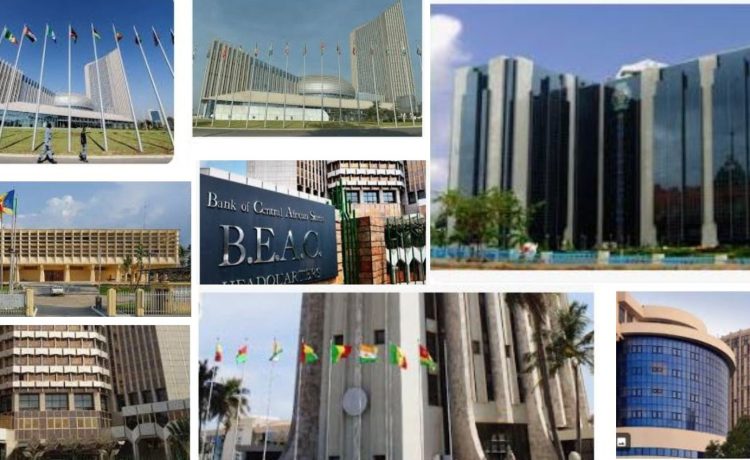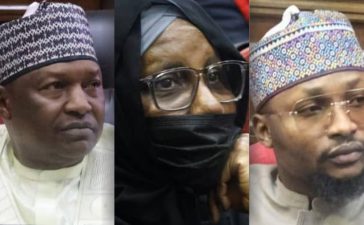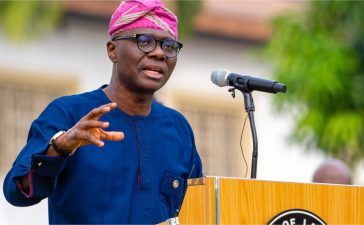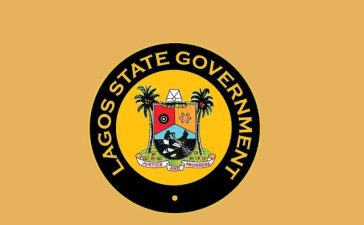As economic conditions in Africa remain challenging, many central banks across the continent are preparing to cut interest rates over the coming weeks.
This decision comes amid concerns that global financial conditions may tighten once Donald Trump takes office as US president once again, limiting the window for monetary easing in emerging markets.
While Africa’s central banks have faced rising inflation and sluggish economic growth in recent years, they have been cautious about cutting rates too quickly.
However, the recent momentum of the US economy, along with the possibility of more aggressive US Federal Reserve policies under Trump, has led these central banks to reassess their strategies and move quickly to lower rates before global conditions shift.
The Need for Rate Cuts
African countries are dealing with a variety of economic pressures, from high inflation to currency depreciation.
Central banks in countries like South Africa, Nigeria, and Kenya are facing growing pressure to ease monetary policy to stimulate growth, encourage investment, and reduce inflationary pressures.
A rate cut is seen as a way to boost consumer spending and ease the burden of borrowing, particularly as many African economies are struggling with unemployment and sluggish growth.
Global Impact: Fears of US Tightening Under Trump
With Donald Trump’s anticipated return to the White House, many economists expect a potential shift in US monetary policy.
The US Federal Reserve could raise interest rates to combat inflation or respond to strong economic growth, which would likely lead to higher borrowing costs globally.
As the US strengthens its financial position, capital could flow out of emerging markets like Africa, leading to capital flight, higher borrowing costs, and currency depreciation in African countries.
For African central banks, this could mean that the opportunity to ease monetary policy without facing severe negative consequences may soon evaporate.
As a result, they are racing to make adjustments in advance of any global tightening that could push interest rates higher in the US.
Regional Variations in Monetary Policy
While most African central banks are considering interest rate cuts, the timing and size of these adjustments may differ based on each country’s unique economic circumstances.
For example, South Africa may face stronger pressures to ease policy, given its ongoing challenges with unemployment and economic stagnation.
Meanwhile, Nigeria is grappling with high inflation and a weakened currency, which could make cuts more complicated.
As these central banks move forward, they will need to carefully balance the need for economic stimulus with the risk of increased inflation or currency instability.
What’s at Stake for African Economies?
The timing of these rate cuts is crucial for African economies, which are already dealing with slow growth, supply chain disruptions, and global inflation.
While lower rates can help stimulate demand and investment, they could also create risks for currency stability and may worsen inflation if not properly managed.
For some African economies, particularly those heavily reliant on imports or foreign investment, keeping interest rates low in the face of tightening global conditions could lead to capital outflows or even foreign exchange shortages.
Looking Ahead: Preparing for a Potential Shift in Global Conditions
As African central banks look to cut interest rates in the coming weeks, they must navigate an increasingly uncertain global economic landscape.
If US policies shift under Donald Trump, the ability of African countries to maintain favorable interest rates may become more difficult, making it imperative for these countries to act quickly.
In the coming months, the economic outlook for Africa will largely depend on how well these central banks manage their interest rate policies in response to global economic shifts and US monetary tightening.
The coming weeks will be critical in determining how Africa’s central banks position themselves to foster growth while maintaining financial stability amid uncertain global conditions.







